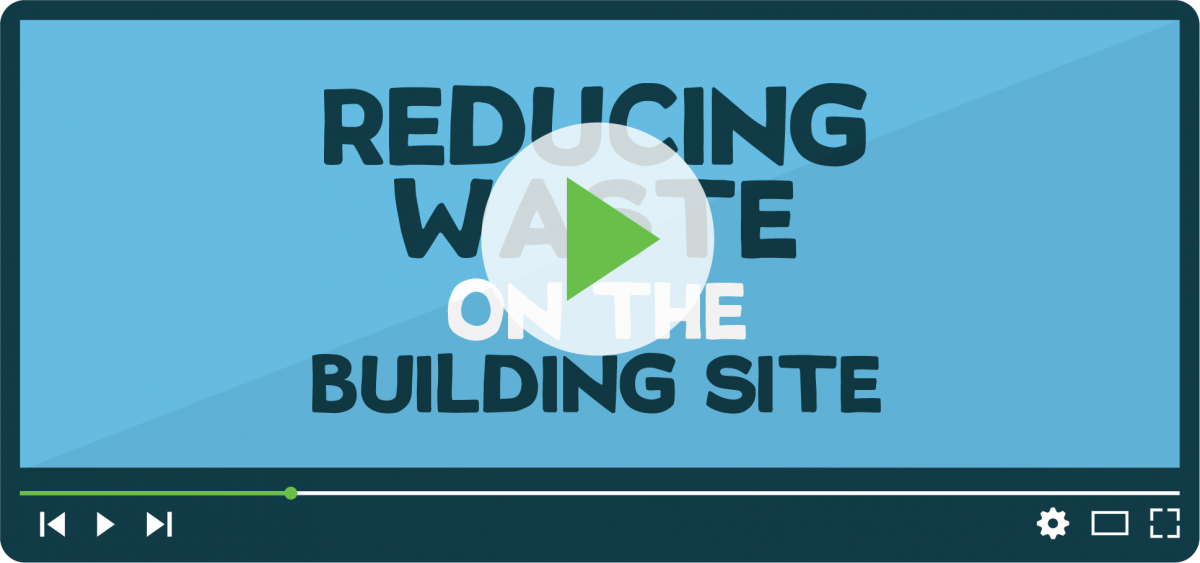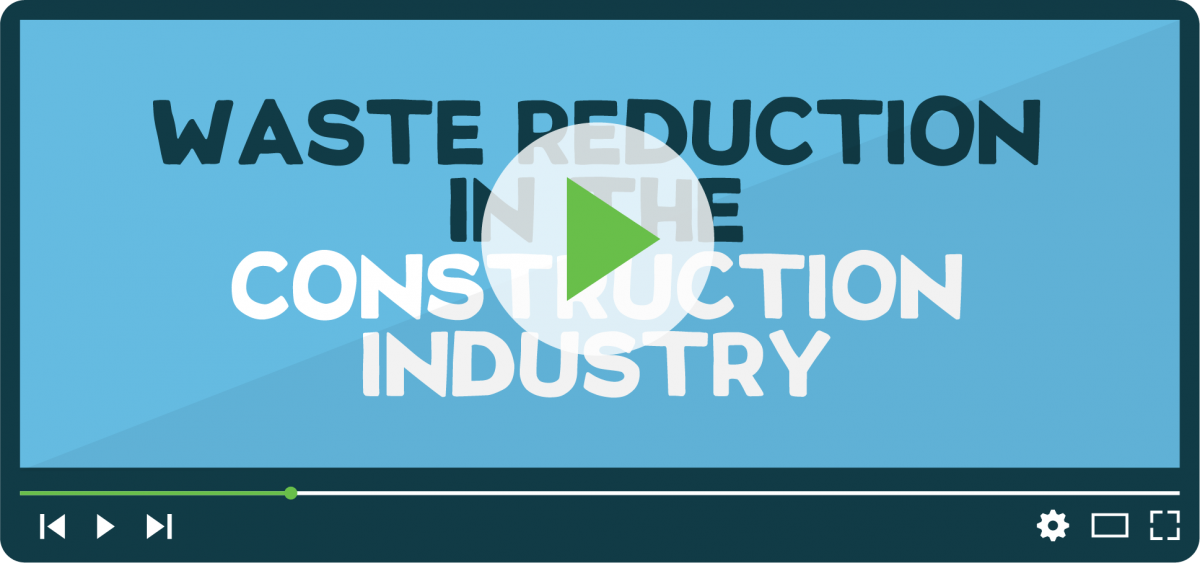
Times are changing in the building industry, from the rising cost of waste disposal to a shifting focus on planning for waste reduction, local bylaws and customer interest. Here are some tools and resources to help you plan and manage for waste minimisation when designing, building and developing.
Sign up to our newsletter to stay up to date with the latest in construction and demolition waste reduction.
This handy calculator can help guide you when thinking about how much space you may need for rubbish and recycling storage when designing a residential dwelling.
This information is intended as a guide only.
This information is intended as a guide only.
Waste minimisation doesn’t just end in the design stage, it continues throughout construction – here’s a few tips to think about.

It's estimated that construction and demolition waste make up to 50% of all landfill waste inNew Zealand. On average, building one new home will create 4000kgs of waste. This is waste on a grand scale, waste of resources, waste of materials, waste of energy.
There are a lot of organisations in the Waikato re-thinking their approach to waste in a way that is better for business, better for our environment and better for the community, such as Foster Construction Ltd, with their APL Facility in Hautapu.

Read through Foster Development Ltd’s case study to see the waste hierarchy in use on a major construction project.
View PDF